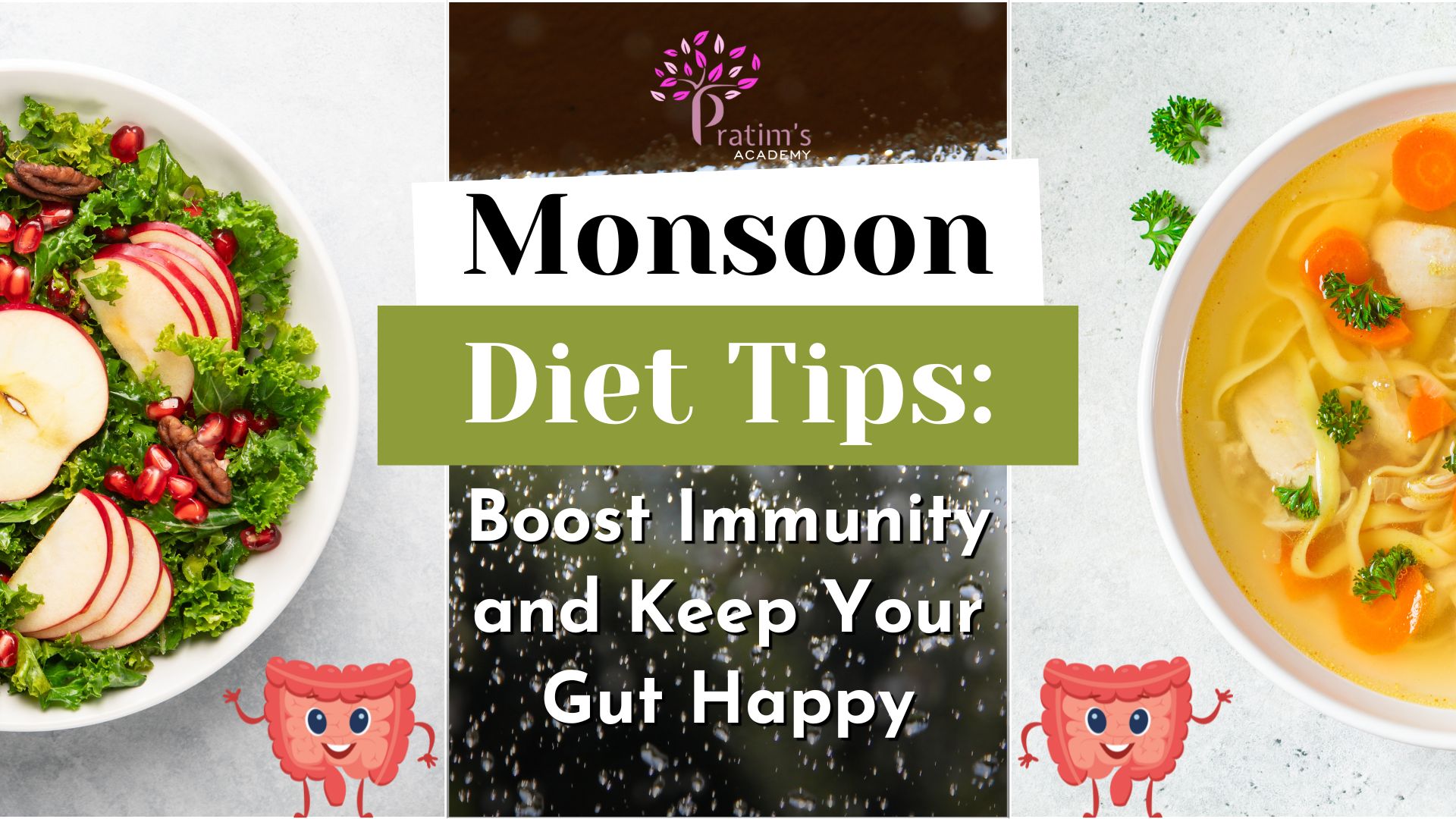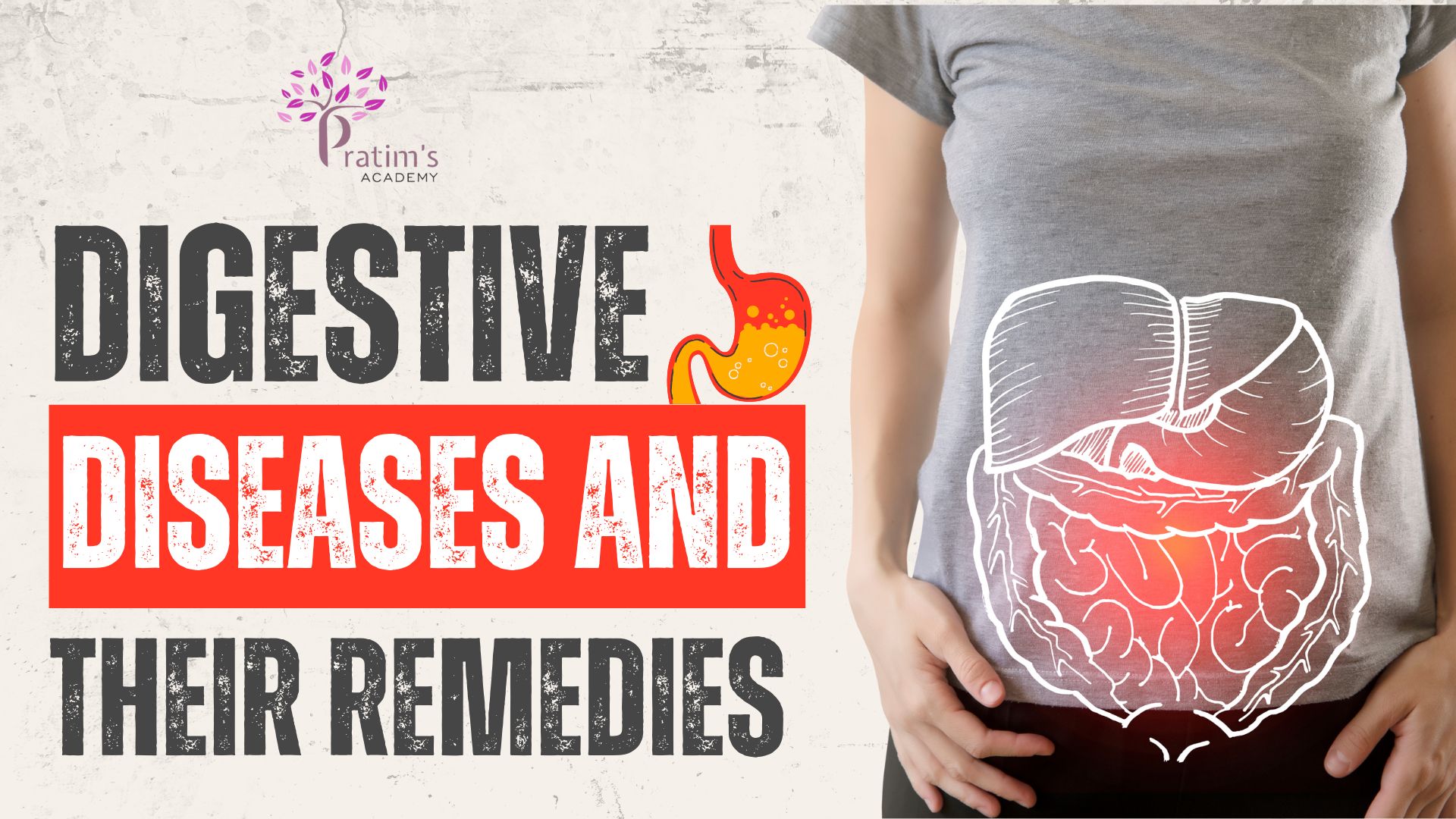
- 822
- 0
Suddenly Lactose Intolerant? What Must Be Done?
Lactose intolerance, a condition where the body can’t properly digest lactose, a carbohydrate found in dairy products, is a common concern for many individuals. However, what happens when you suddenly find yourself facing symptoms of lactose intolerance out of the blue? This onset can be painful and may require some adjustments to your diet and lifestyle. In this blog, we’ll get to know what Lactase deficiency is, why it might suddenly occur, and what steps you can take to control it effectively.

Understanding Lactose Intolerance
Before knowing sudden onset lactose intolerance, it’s important to understand the basics of the condition. Lactose intolerance occurs when enough lactase is not produced by our small intestine. Lactase is an enzyme necessary for digesting lactose. This can lead to some painful symptoms such as diarrhea, bloating, gas, and abdominal pain after consuming milk products.
Sudden Onset of Lactose Intolerance: Why Does It Happen?
Several factors could contribute to this sudden intolerance:

Illness or Injury: In some cases, illness or injury to the small intestine can temporarily reduce lactase secretion, leading to symptoms of Lactase deficiency. This can happen with conditions such as gastroenteritis or after surgery involving the small intestine.

Medications: Certain medications, such as antibiotics or chemotherapy drugs, can affect the ratio and functions of gut bacteria, leading to lactose intolerance symptoms.
Digestive Disorders: Conditions such as Crohn’s disease, celiac disease, or irritable bowel syndrome (IBS) can damage the intestines and interfere with lactase production, causing sudden lactose intolerance.

Stress: Stress can have a significant impact on digestive health, potentially exacerbating symptoms of lactose intolerance or triggering them for the first time.
What Can You Do?
There are several basic steps to manage the condition effectively:
Maintain a Food Diary: Track your symptoms and the foods you consume to identify potential triggers. This can help you determine which dairy products or other foods may be causing discomfort.
Experiment with Lactose-Free Alternatives: Many dairy products, such as milk, cheese, and yogurt, are available in lactose-free or low-lactose options. Experiment with these options to find products that don’t trigger your condition.

Consider Dairy Substitutes: If you find that you’re unable to tolerate lactose-free dairy products, consider alternative sources of calcium and nutrients such as fortified plant-based milk options(soy, almond, coconut), leafy greens, tofu, and fortified cereals.
For further information on dairy substitutes, reach out to our nutrition experts.👇
Try Lactase Supplements: Over-the-counter lactase supplements are available in pill or liquid form and can help you from Lactase deficiency more effectively. Take these supplements before consuming dairy products to reduce symptoms.
Consult a Healthcare Professional: If you’re experiencing persistent or severe symptoms of lactase deficiency, it’s important to consult with a healthcare professional. They can help diagnose the underlying cause of your intolerance and provide customized plans for managing your condition.
Conclusion:
While sudden onset lactose intolerance can be challenging to manage, it’s not insurmountable. By understanding the potential causes of your symptoms and taking proactive steps to address them, you can effectively manage the condition and enjoy a comfortable and fulfilling diet. Whether it’s experimenting with alternatives, keeping a food diary, or seeking guidance from a healthcare professional, there are plenty of options available to help you navigate this unexpected change in your digestive health. Remember, you’re not alone, and with the right approach, you can continue to enjoy a diverse and nutritious diet.
Comment
Check Your EGFR
***We Promise, no spam!








